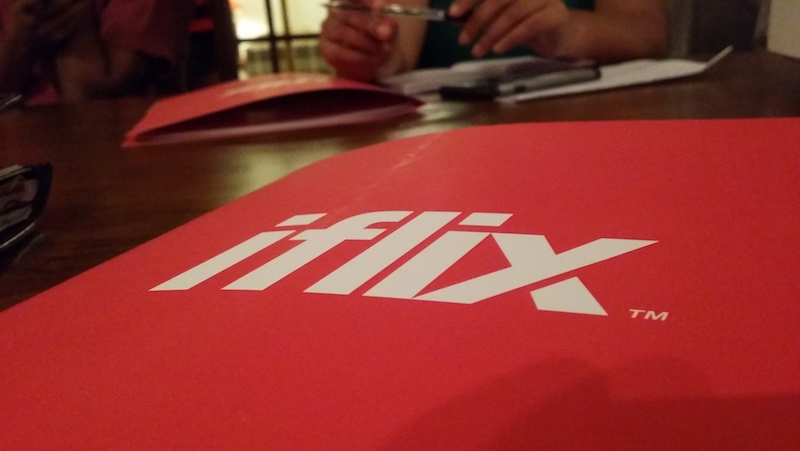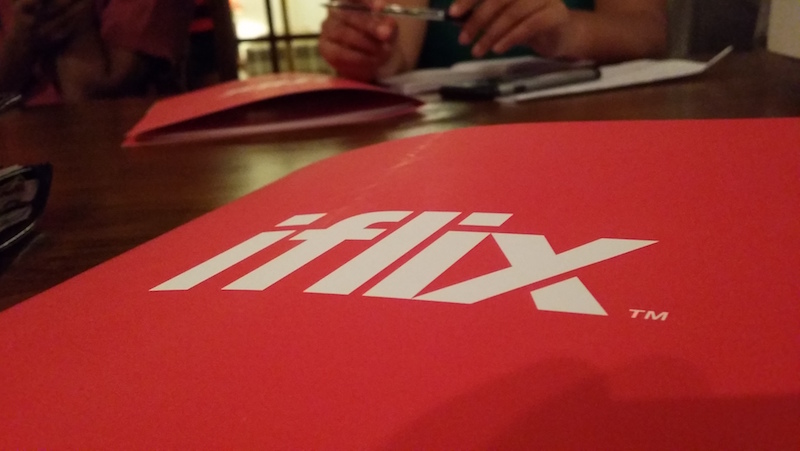
Sri Lanka is a tad geographically challenged when it comes to fresh entertainment content. Being pretty much the South of South Asia can cause some problems when it comes to fresh entertainment content. We don’t get new movies down here very fast, have little access to music streaming sites, and are stuck with the oldest of the old television series. Unless you get those pirated DVDs off the streets, which I’m sure no one ever does anymore. Until one of our local broadcasters or cable providers get us access to a series, we don’t have many options. Or didn’t, rather.
Early this year, Netflix finally expanded the number of countries it served, including Sri Lanka in its quest to conquer the living rooms of the world. We all jumped on board the free trial, expecting to dig our grubby fingers into their very large catalogue of content. Sadly, not all their movies and TV series were licenced for Asia. They also had very painful bandwidth demands that hurt our data-capped lives. Sri Lanka has streaming issues.

iFlix launched in Sri Lanka this August
But this August, there is a new kid on the Sri Lankan block: iFlix, a streaming service that promises to serve all your television needs. iFlix comes in with some serious backing, too. Last April, the streaming service closed a $30 million round of funding from investment firms and companies in East Asia. This March it closed another $45 million in a series B funding round. iFlix has been launched in Malaysia, Philippines, Thailand, and now Sri Lanka, but is looking to move into more ASEAN countries, as well as the Middle East and Africa. They’ve also managed to partner with some big studios (MGM came in as an investor) which will definitely help with their catalogue.
However, at the risk of stereotyping a portion of the planet (and sounding Trump-ian), iFlix looks like a made-in-China clone of Netflix.

Netflix, meet iFlix
Whichever way you look at it, from the red-on-black logo (white-on-red now), to the font, to the black background of their website and the arrangement of the movie titles, it just screams Netflix. But strangely enough, this may actually be working in its favour.
The problem with Netflix here, is that its huge catalogue of content is just not available due to licensing issues, which is just silly. Then there is the heavy bandwidth use which doesn’t bode well for data-capped connections. Watch something in ultra HD and you’re pretty much done for the week. iFlix has positioned itself quite precisely, to be great where Netflix fails. They have been marketing themselves quite aggressively in East Asia, bringing on television personalities and getting access to their many followers. When launching in Sri Lanka, iFlix offered their monthly subscription at LKR 449, which is just the price of a few DVDs. They also let you use their services on all your devices, including simultaneously on two, download upto ten episodes to your device (which will stay for 7 days), and uses much less data than Netflix. While streaming content, the service automatically adjusts quality according to your connection, and when downloading episodes you can choose the size of the video. We witnessed for ourselves an episode download on a phone with a file size of 88 MB.
The only issue here, is in content. While iFlix has plenty of Hollywood movies, they still don’t have many of the newer ones on their catalogue. Their TV section is pretty good though, having scored exclusive rights in the region to Mr. Robot (nice!), Bosch, and Roots. They’ve also got Flash, Arrow, F.R.I.E.N.D.S., and a whole lot of other shows. Their kids’ section is also pretty full. Unfortunately, according to their GM, Firaz Markar, they will be censoring content so as not to offend our delicate South Asian sensibilities. That is rather unfortunate. Five minute long GoT episodes will be rather confusing.
iFlix styles itself as the leading internet TV service for emerging markets, and I think it is doing a good job positioning itself. The service is still not perfect ‒ the website needs some work and the content needs expansion ‒ but by being very focused on the markets in the countries they operate in, they set themselves apart. They have Sinhalese subtitles for the content in their catalogue, a great price, accessibility, low bandwidth needs, and a (hopefully quickly) expanding catalogue. They are definitely worth a try.







